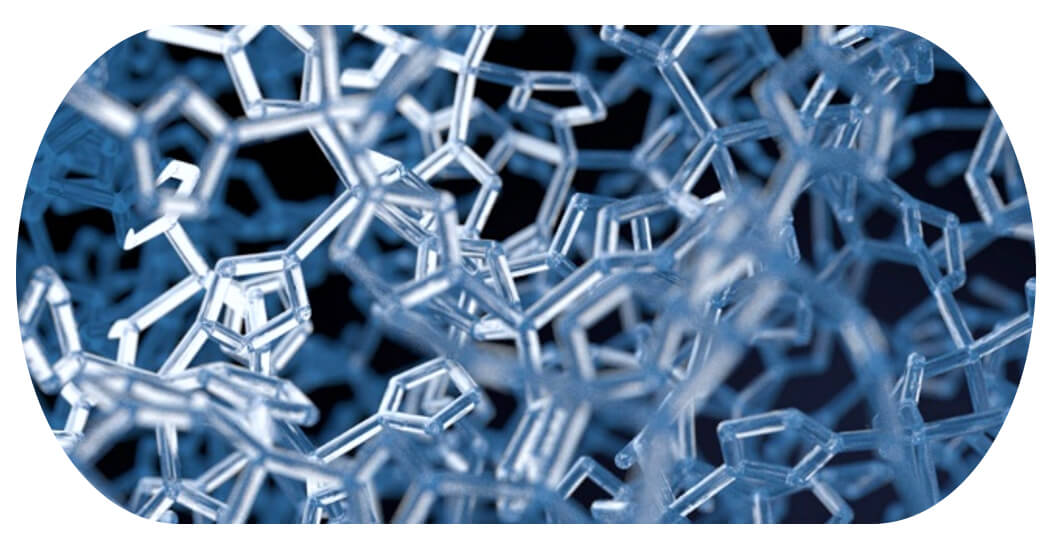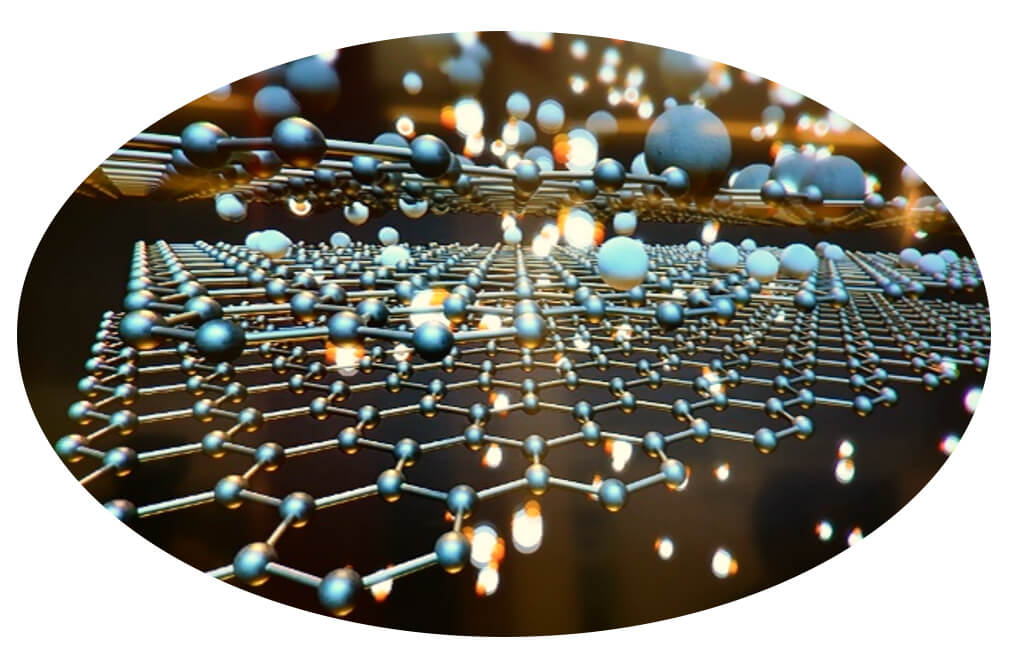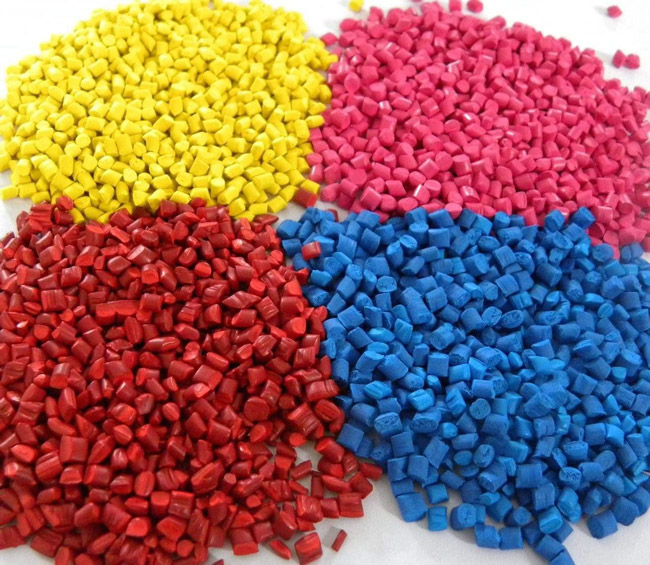Dibutyltin oxide (chemical formula: (C4H9)2SnO), commonly known as DBTO, is an important organotin compound in Plays the role of catalyst in organic synthesis. This compound has become an indispensable part of the fields of organic synthesis, polymer science, and materials science due to its unique catalytic activity and high efficiency in certain chemical reactions. The following is an in-depth look at dibutyltin oxide as a catalyst for organic synthesis.
Chemical structure and properties
Dibutyltin oxide is a white solid that is relatively stable at room temperature, but easily decomposes under heating conditions. It is soluble in many organic solvents, which makes it easy to operate and use in organic synthesis. Because it contains two butyl groups and a tin oxide center, DBTO can provide active tin atoms in the reaction, thereby promoting various organic chemical reactions.
Catalysis
The catalytic effect of dibutyltin oxide is mainly reflected in its activation of compounds containing oxygen and sulfur functional groups such as alcohols, phenols, and mercaptans. In organic synthesis, it is often used in the dehydration, esterification, etherification of alcohols, and the synthesis of halogenated hydrocarbons. Specifically, DBTO can promote the esterification reaction of alcohols and acids, accelerate the alkylation reaction of alcohols and halogenated hydrocarbons, and participate in certain addition and elimination reactions, such as Michael addition, Wittig reaction and Claisen rearrangement. wait.
Application examples
In the polyurethane industry, dibutyltin oxide is widely used as a catalyst, especially in the production process of polyurethane foam. It can effectively catalyze the reaction between isocyanate and polyol, accelerate the formation of polyurethane, while controlling the reaction rate to ensure foam uniformity and good physical properties.
DBTO also plays an important role in the synthesis of fine chemicals. For example, it can be used as a catalyst in the synthesis of fragrances, pharmaceutical intermediates, and pesticide active ingredients. By promoting specific chemical reactions, DBTO helps increase yields, reduce by-product formation, and reduce energy consumption and costs.
Safety and environmental considerations
Although dibutyltin oxide is widely used in industry, its potential impact on the environment and human health cannot be ignored. Organotin compounds may be toxic to aquatic life, and long-term exposure may have adverse effects on human health, including neurotoxicity. Therefore, strict safety operating procedures must be followed when using DBTO, appropriate personal protective measures must be taken, and its waste must be properly disposed of.
Conclusion
Dibutyltin oxide is a multifunctional organic synthesis catalyst. Its application in many fields highlights its role in the modern chemical industry. important position. From polymer science to fine chemical synthesis, DBTO promotes the efficient conduct of numerous chemical reactions with its unique catalytic activity. However, with the increasing awareness of sustainability and environmental protection, the development of alternative catalysts that are more environmentally friendly and friendly to human health has become one of the current research hotspots. Future research will focus on balancing the industrial practicality of dibutyltin oxide with its potential impact on the environment, with a view to achieving a greener and more sustainable chemical industry.
Extended reading:
bismuth neodecanoate/CAS 251-964-6 – Amine Catalysts (newtopchem.com)
stannous neodecanoate catalysts – Amine Catalysts (newtopchem.com)
polyurethane tertiary amine catalyst/Dabco 2039 catalyst – Amine Catalysts (newtopchem.com)
N-Methylmorpholine – morpholine




















Comments